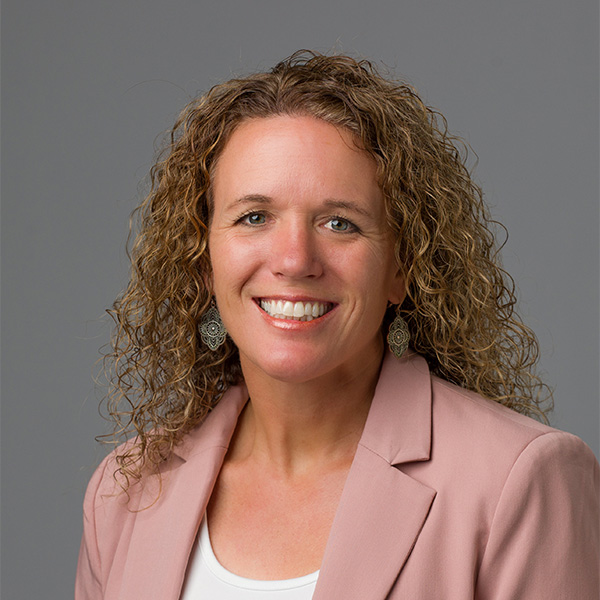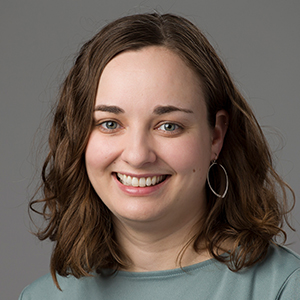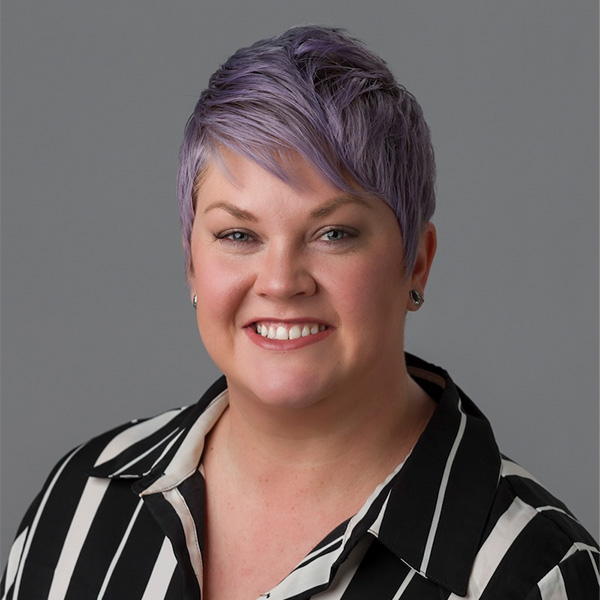Dean of Students Office
Information for Students
The Dean of Students Office is primarily responsible for resolving alleged violations of the Student Code (PPM 6-22) through the student conduct process. The Dean of Students Office enforces the Student Code, maintains student conduct records, and encourages responsible citizenship in the University community by engaging students in the conduct process.
Additionally, our office serves students who need assistance navigating other university processes. Our staff can provide helpful referrals to campus offices that can effectively address any student issues or concerns outside the purview of this office.
Information for Faculty & Staff
The Dean of Students Office is a resource for dealing with student conduct issues. Please feel free to contact us with concerns and questions about troubling student situations, disruptive student behavior, concerns about student mental health, and other related issues.
We are available to come talk to your department about student conduct, the student code, civil discourse, free speech, and student referrals.
Please report academic misconduct to our office, such as cheating and plagiarism. We maintain a database of student academic misconduct, and may become involved after two or more incidents of academic misconduct. For more detailed information about behavioral misconduct and levels of resolution, please refer to the Academic Misconduct website.
Contact Us
For questions or to schedule an appointment, please call, email or visit us:
Hours
Monday - Friday: 8 a.m. - 5 p.m.
Phone
801-626-7256
Location
WSU Ogden
Miller Administration 317
Mailing Address
3850 Dixon Parkway Dept 1017
Ogden, UT 84408-1017
Flexible in-person and virtual appointments are available to accommodate student preferences and schedules.



